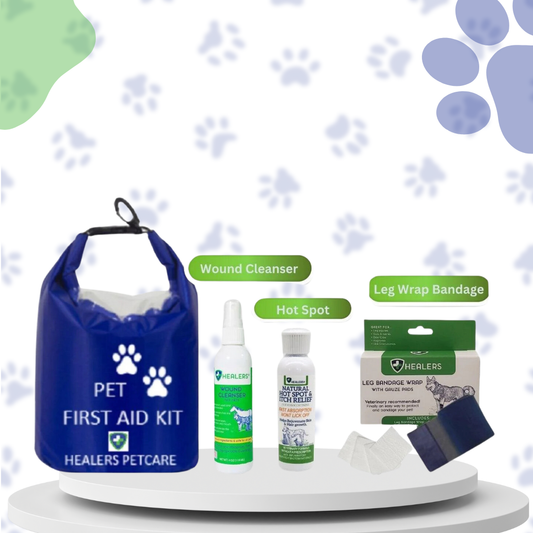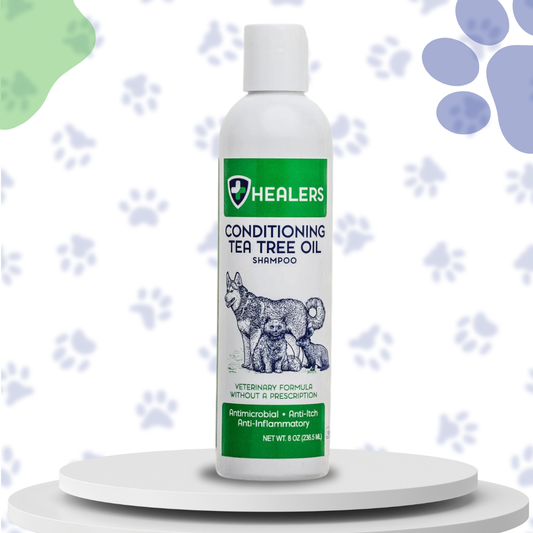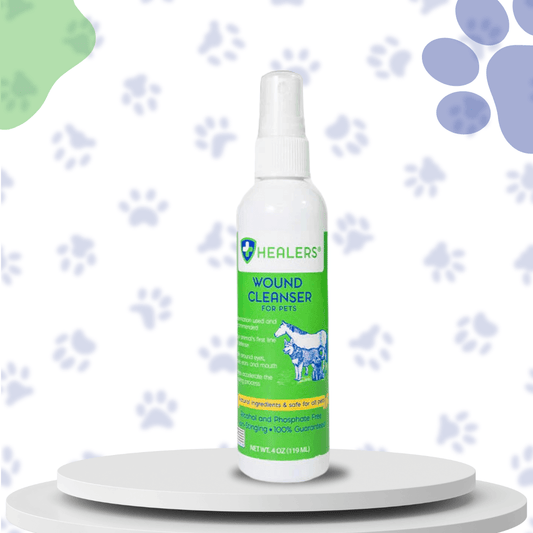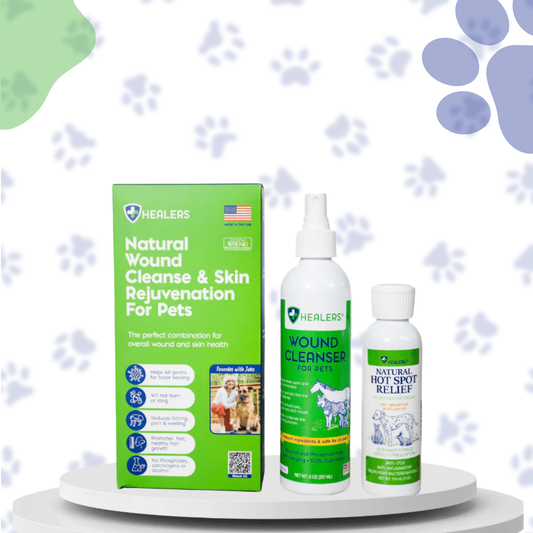Healthy Additions To Your Dogs Diet
A balanced diet is just as important for pets as it is for us. The benefits for feeding a good quality diet ensures your pet will have a chance of a longer, happy life. A quality diet will help strengthen the immune system, lower the risk of disease, and keep the digestive, skin, teeth, and eyes healthy.
Be aware of what is in the food you are feeding your fur friend. Processed dog foods run into the same problems as processed human foods, though, sometimes including more filler ingredients than necessary nutrients. This is the era of label reading, know what you are giving your pet, read those labels!
Humans take multivitamins and supplements to make sure they are consuming the essential elements their body systems need for optimal health and disease prevention. The same types of things can help dogs achieve longevity and vitality.
What do dogs need to get a balanced diet, and how can introducing certain foods minimize their risk of cancer, heart disease, and other illnesses?
This quick guide will help dog parents make sure their favorite four-legged companions are getting the nutrients they need and offer some suggestions for healthy, pet-friendly treats to spoil your fur-baby!
Preventing sickness, naturally
A lot of things can lead to illness in pets, but many of them are preventable. Factors like stress, environmental issues like pollution, chemical exposure, genetics, and diet each play a role. Knowing how to balance and counteract some of the more negative influences can go a long way toward keeping your dog healthy for years to come.
The best news of all is that exercise, fresh air, and a nutrient-rich diet can dramatically boost your pups’ vitality, reduce premature aging, lower inflammation, and boost their internal immune responses. Here are some of the fruits and vegetables your dog can enjoy and how they can help keep him or her active for as long as possible.
Fruits and vegetables that are safe for dogs
(**NOTE: Please be sure to remove the pits from all fruits and vegetables before sharing them with your pups.**)
Vegetables
- Pumpkin — rich in fiber for healthy digestive functioning
- Spinach — source of antioxidants, beta carotene, iron, vitamin A, vitamin B, vitamin C, and vitamin K, and is also a digestive stimulant.
- Sweet potatoes — rich in dietary fiber, potassium, manganese, vitamin A, vitamin B6, and vitamin C, as well as low in cholesterol, saturated fat, and sodium
- Carrots - Large frozen carrots make cheap and edible chew toys. As with any chew, best to give under supervision. Chewing on carrots can also help remove tarter and improve your dog's dental health. More importantly, carrots are an excellent source of vitamin A, potassium, and fiber. The added fiber can help with bowl function.
Your favorite four-legged friend can also have broccoli, brussels sprouts, celery, green beans, peas, and more. If in doubt, check with your veterinarian.
Vegetables you should not share include: Onions, leeks, and shallots. Garlic, while not toxic, in large quantities can cause belly upset. Green or unripe potatoes, rhubarb, and mushrooms are toxic and in some cases can be fatal.
Fruits
- Apples — rich in fiber, flavonoids, phytonutrients, potassium, and vitamin C
- Blackberries — source of anthocyanins, antioxidants, folate acid, magnesium, manganese, and vitamin C
- Blueberries — source of dietary fiber, manganese, minerals, vitamin C, and vitamin K
- Cherries — rich in anthocyanins, antioxidants, fiber, manganese, vitamin A, and vitamin C
- Cranberries — source of copper, fiber (insoluble and soluble), manganese, minerals, vitamin C, vitamin E, and vitamin K1
- Pears — rich in dietary fiber, potassium, vitamin A, and vitamin C
- Strawberries — source of antioxidants, fiber, folate, manganese, potassium, and vitamin C
Dogs can also have apricots, bananas, cantaloupe, mangoes, oranges, peaches, pineapple, raspberries, and watermelon in small quantities so as to not upset the stomach .
Do not share these fruits: Grapes, raisins, or currants, they are toxic to dogs! Be sure you know what is in your granola if you want to share a bite with your pup. While the fruit is okay, the seeds, leaves and stems of tomato plants and stone fruits like cherries and apricots, are toxic. The seeds of apples contain cyanide so be sure to remove them prior to feeding.
Balanced and healthy living
People and dogs have a lot in common, including that a balanced diet and plenty of exercise are important to overall health and wellness. Feeding your favorite four-legged friend a quality dog food is a great start, and adding in fruits and vegetables will boost immunity, improve vitamin and mineral intake, provide good sources of antioxidants, and increase dietary fiber, which is also crucial.
Supplements are another way to make sure your dog gets all the essential nutrients he or she needs to be healthy for years to come.
Healers PetCare offers a great option to boost the wellbeing of your dog in our Golden Turmeric Paste — Some people use turmeric as a preventative measure, others alongside medications and health regimens to improve overall wellness. The same is true for dogs. In a lot of cases, people and dogs have both seen better symptom relief from turmeric than from their medications! It has shown success in dogs as an anti-arthritic, antibacterial, antiviral, antifungal, anti-cancer, anti-inflammatory, gastrointestinal treatment, and pain reliever.
It is never too late (or too soon!) to start your dog on the appropriate dosages of a health-boosting supplement or to add safe, healthy foods to his or her diet. Speak with your veterinarian about how supplements can help your dog’s longevity and health, or ask questions on which fruits and vegetables can be added to his or her diet for a healthy boost today!
For more information on Healers PetCare, check out our About Us page.





